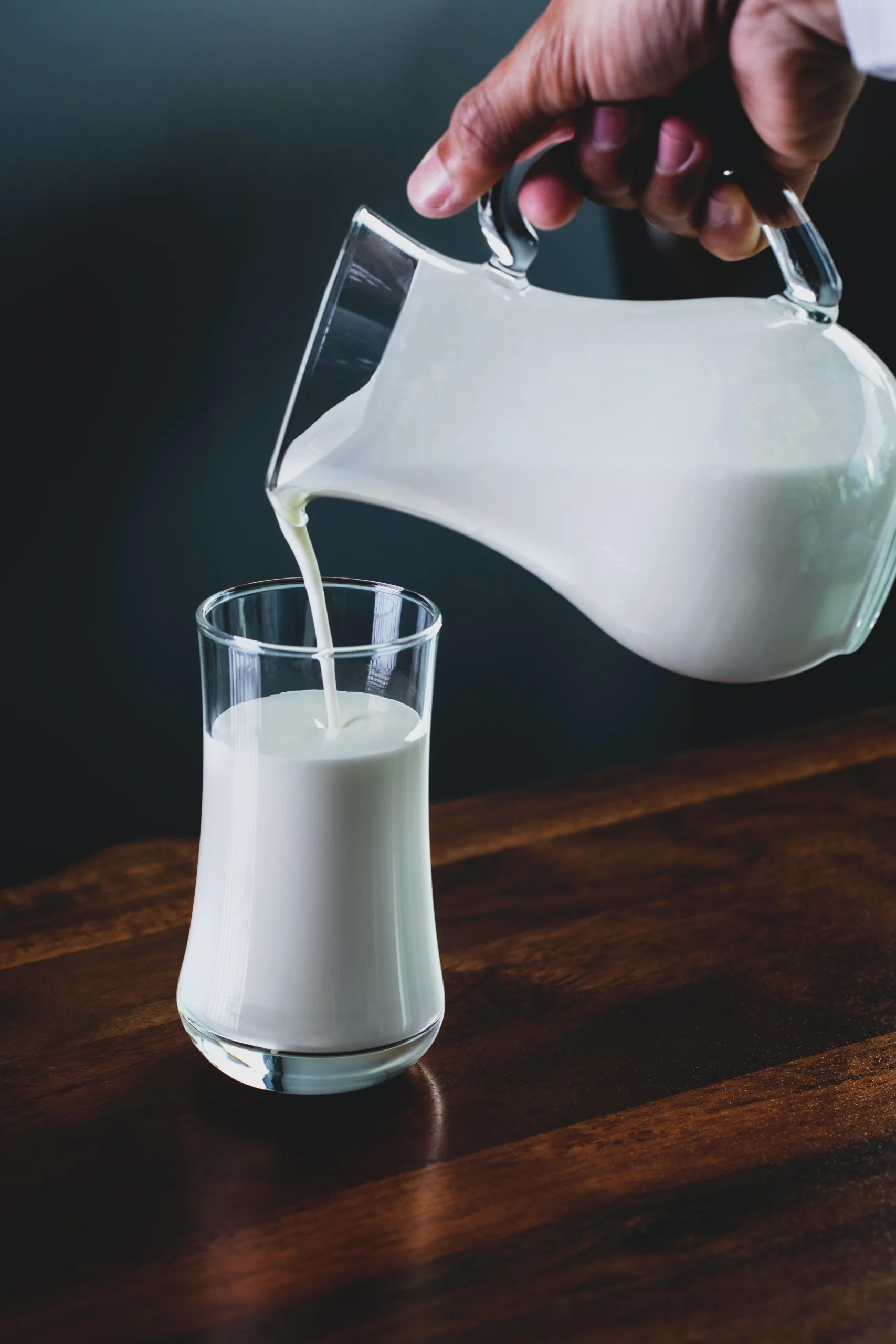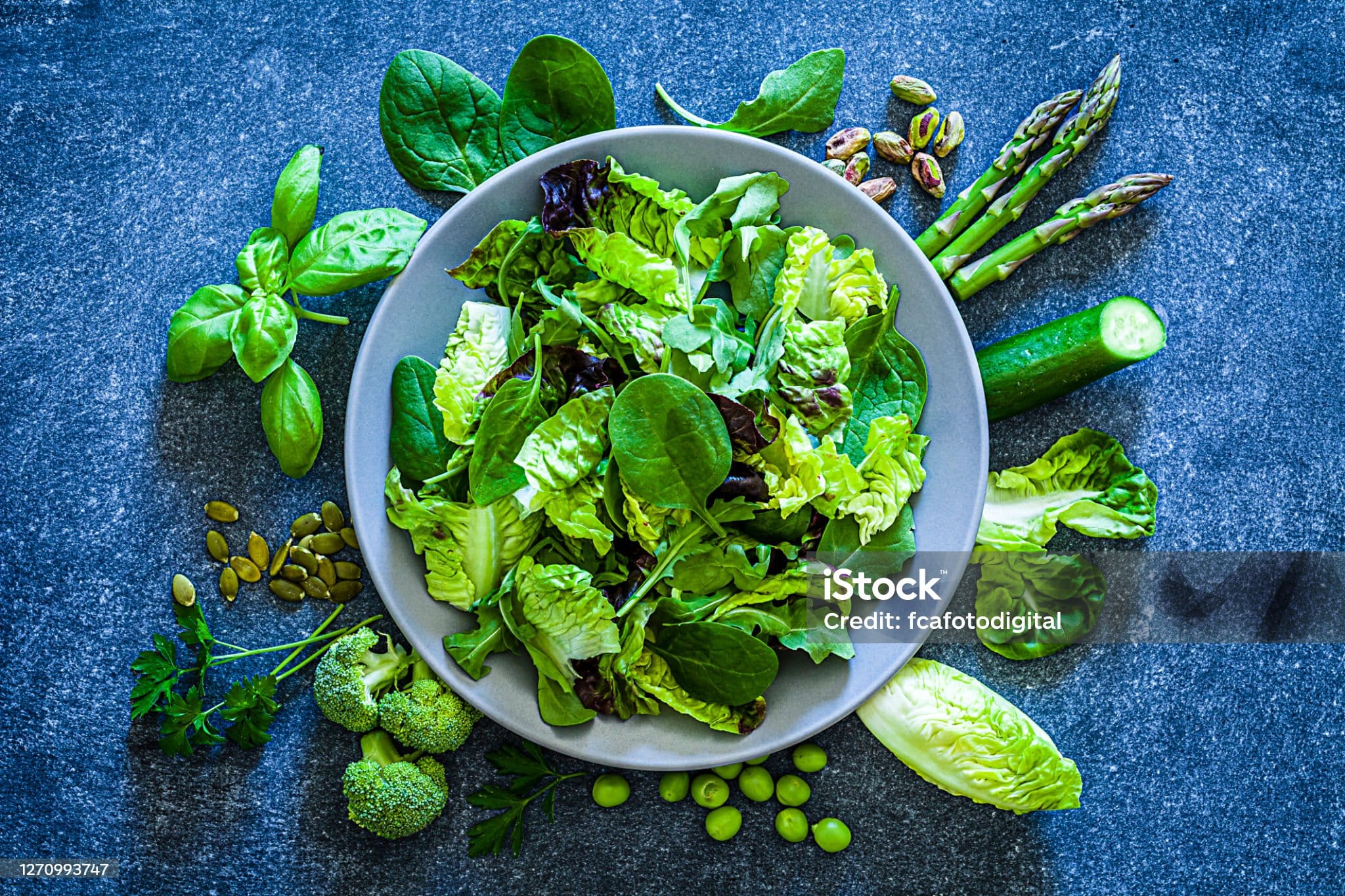How Much Milk Should I Give To My Baby?
We as parents are always so much worried about how much milk our baby needs. Is he getting enough milk or not? How will I know if his stomach is full? These questions come to mind always till your baby grows into a toddler or till he reaches the age of 2 to 3 years.
Milk has always been a rich source of nutrients and vitamins. It contains 90% water and the remaining 10% contains vitamins, carbohydrates, proteins, fat, calcium, prosperous, sodium, potassium, and iodine. It also consists of vitamins A, vitamin B, vitamin D, vitamin E, and vitamin K. We all start our life with it and it is also called a nature’s wellness drink. Milk is something we and our children have in our daily diet. Newborns are just dependent on milk for the whole 6 months. Babies should get the right amount of milk. Not too less and not too much. So we have to make sure that our baby is getting the right amount of milk for his healthy growth. Check out this article to learn more about introducing cow milk to your baby.
In this article, I will tell you the right amount of milk requirement needed for your baby from m newborn to a teenage child. We will also cover how much milk will your baby need if he is breastfeeding, formula feeding, or drinking cow milk after one year of age.
You can also check some new articles related to baby food like:-
- Food chart for 6 to 7-month-old baby.
- Food chart for 8 to 9-month-old babies.
- Food chart for 10 to 12-month-old babies.
- Food chart for 1 to 2-year-old baby.
- Quick Baby Recipies.
- Breakfast Ideas for Babies and toddlers.
- Lunch options for babies and toddlers.
- Dinner ideas for babies and toddlers.
- Quick snack recipes.
Key Points:-
- Always feed milk to your baby on demand. Don’t just depend on the clock and feed after 2 to 3 or 4 to 5 hours. If your baby is hungry and demanding milk in between feeds then feed him.
- Exclusive breastfeeding is a must for babies up to 6 months. They don’t need any other food items like water, solid food, juices, etc till 6 months.
- If your newborn baby sleeps for more than 5 hours at night then wake up him for a feed.
- If you are breastfeeding you might not know how much milk your baby is consuming so you can follow this principle. 15 minutes on one breast and another 15 minutes on the second breast. You can also use a breast pump to know the exact quantity your baby is consuming.
- The first yellow color milk that you get after your delivery is called colostrum and it is a must to feed that to your baby because it has many antibodies in it which increases immunity in your baby to fight infections and other diseases.
- Always burp your baby after every feed for easy digestion.
Milk Requirement for a Newborn Baby to 6-month-old Baby:-
- Newborn babies or one-day-old babies have very small stomachs. Their stomach size is just the same size as cherry fruit. So they need only 5 to 7 ml per day.
- A three-day-old baby’s stomach is just the same size as a walnut. So their milk holding capacity is 22 to 27 ml of milk per day.
- A Seven-day-old baby’s stomach is just the same size as an apricot. So their milk holding capacity is 45 to 60 ml of milk per day.
- A one-month-old baby’s stomach is just the same size as an egg. So their milk holding capacity is 80 to 150 ml of milk per day.
- Newborn babies drink 1.5 to 3 ounces of milk which is 45 to 90 ml of milk per feed every 2 to 3 hours a day. Total 350 to 600 ml of milk a day.
- A 2-3 month-old baby drinks 4 to 5 ounces of milk which is 120 to 150 ml of milk per feed every 3 to 4 hours a day. Total 750 ml of milk a day.
- A 3-4 month-old baby drinks 4 to 6 ounces of milk which is 120 to 180 ml of milk per feed every 3 to 4 hours a day. Total 750 ml to 900 ml of milk a day.
- A 4-5 month-old baby drinks 6 to 7 ounces of milk which is 180 to 207 ml of milk per feed every 3 to 4 hours a day. Total 750 ml to 1000 ml of milk a day.
- A 5-6 month-old baby drinks 6 to 8 ounces of milk which is 180 to 230 ml of milk per feed every 4 to 5 hours a day. Total 750 ml to 1000 ml of milk a day.
Milk Requirement for 6 to 1-year-old Baby:-
- 7 to 9-month-old babies need 177 to 277 ml of milk per feed. Total 6 feeds a day which means 600ml to 800 ml per day.
- 10 to 12-month-old babies need 200 to 250 ml of milk per feed. Total 3 to 5 feeds a day which means 600 ml to 800 ml per day.
- After 6 months your baby will start eating solids so his milk intake can vary depending on his hunger. Check here to learn more about starting solids after 6 months of age.
Milk Requirement Based on the Weight of Your Baby:-
- 1 kg baby needs 200 ml of milk per day.
- A 2.5 kg baby needs 390 ml of milk per day.
- A 3 kg baby needs 470 ml of milk per day.
- 4 kg baby needs 620 ml of milk per day.
- A 4.5 kg baby needs 700 ml of milk per day.
- A 5 kg baby needs 780 ml of milk per day.
- A 5.5 kg baby needs 860 ml of milk per day.
- A 6 kg baby needs 940 ml of milk per day.
- A 6.5 kg baby needs 1000 ml of milk per day.
Milk Requirement for 1 to 2-year-old Baby:-
Babies at this age need 2 to 3 cups of whole milk a day. One cup is equal to 240ml of milk. So a toddler of this age can have 500ml to 750ml. The milk that you give to your baby at this age should be whole milk only which contains more fat. If You are breastfeeding after one year of age then you can give cow milk to your baby once or twice a day. Which means one cup in the morning and one cup at night. Because your baby will not get enough nutrients from breastmilk only. He has to be introduced to cow milk right after one year of age.
Babies need full-fat milk or whole milk at this age because 90% of your baby’s brain development will take place at this age and your baby’s brain needs enough fat to grow fast and healthy.
Milk Requirement for 2 to 9-year-olds:-
Children at this age need only 2 cups of milk daily, which means 500 ml of milk per day. But the milk should be low-fat milk, not full-fat or whole milk. Giving full-fat milk after 2 years can cause obesity in babies due to excess fat present in the milk. But if your toddler is underweight you can give full-fat milk after taking advice from your pediatrician.
Milk Requirement for 9 to 18 years old:-
Children at this age need 3 cups of milk daily, which means 750 ml of milk per day. You might be shocked to know why would a child who is 9 years old needs this much amount of milk. This is because at this age your child is going through growth sprouts and reaches puberty. There are so many changes taking place in his body and he needs energy, vitamins, iron, and minerals to grow stronger.
Baby refusing cow milk after a certain age?
This is something every mother will go through in her motherhood journey. When babies are small their taste buds are still developing so they eat what you feed them and since you didn’t introduce sugar or honey or any other spices before one year they don’t know the different tastes of food. At this age, they love to drink milk. Breastmilk, formula milk, and cow milk after one year are great sources of nutrition for them. Some babies take more time to transition from breast milk to cow milk. Once they start drinking it every day they will slowly adapt very easily to it.
But some kids suddenly stop drinking milk after a certain period. Just like my kid who is 2 years old now. I started giving him cow milk when he turned one year old. His transition from breast milk to cow milk was not very easy. At first, he didn’t drink it at all so I used to mix cow milk in his food or make milkshakes for him. After 1.5 years I started giving cow milk to him in attractive feeding bottles. I didn’t add any sugar, honey, or health drinks. Just gave him plain lukewarm cow milk twice a day. 250 ml in the morning and 250 ml at night.
He used to drink it without refusing and he loved it so much that he used to ask me for milk if I gave him a little late. But when he turned 2 years old, he suddenly stopped drinking cow milk from his feeding bottle. He didn’t like its taste now. Since he is eating all the foods at home like sweets, snacks, and other delicious dishes and fruits, cow milk is tasteless to him. We cannot force our kids to drink milk if he doesn’t like it because forcing your kid can make the situation worse.
So for a few days, I stopped giving him milk directly in a bottle and started mixing milk in his food like cornflakes, oats, roti, sweets, milkshakes, etc. Again I thought if I continued doing this he would never drink plain cow milk again and only depend on sweets and drinks which are not good for his health. Health drinks available in the market are also not good for your kid’s health. It’s always better to give plain milk to your child. And milk should be in your kid’s daily routine.
So at last I started offering him plain cow milk twice a day in teacups. I used to feed him as he didn’t want to drink. I used to watch TV for him at that time and when he was busy watching cartoons, he used to drink the milk without refusing. We have to keep a little patience and take our time out to feed milk to the baby because milk is very necessary for your baby’s overall growth. If you just leave him like that and give him milk in the form of sweets and drinks then trust me he will never drink milk again when he turns older. So tell him the health benefits of cow milk and encourage him to drink it without adding anything to it. Instead of health drinks, you can add pure honey or dry fruit powder to them to make them more healthy and tasty. If you want your baby to be healthy always include cow milk, eggs, fruits, and dry fruits in your baby’s daily diet.
Advantages of milk:-
- Reduces stress.
- Healthy growth of gums and teeth.
- Good for the skin.
- Boosts immunity.
- Blood.
- Builds strong bones.
Disadvantages of giving milk in more quantity than required:-
- Giving excess milk to your baby can cause anemia. Because the excess calcium in the milk can stop the iron absorption in the baby’s body.
- If the baby is filling up his stomach only with milk he will not eat other foods like meals or fruits which are very necessary for the overall development of the body. It can lead to many deficiencies in the body.
Discover more from supermomsclub
Subscribe to get the latest posts sent to your email.





